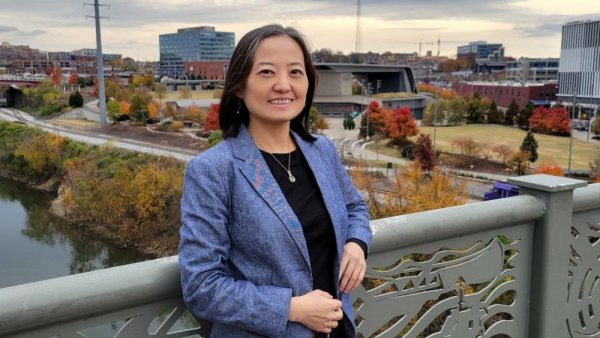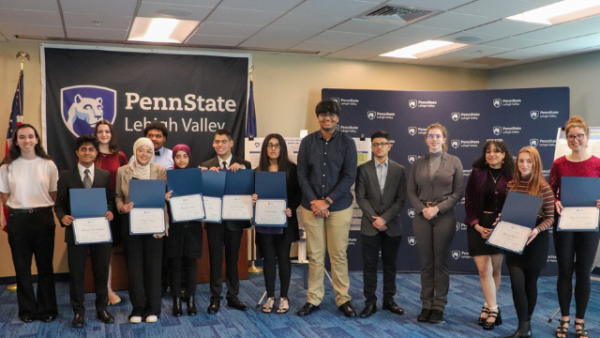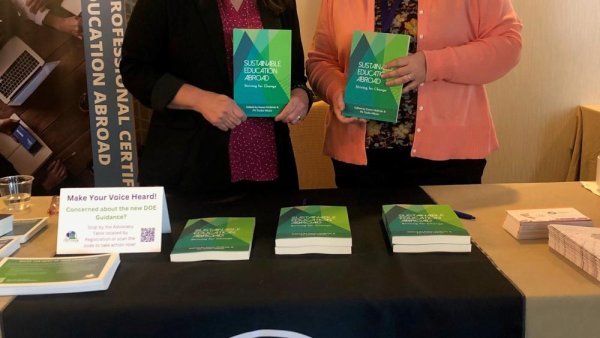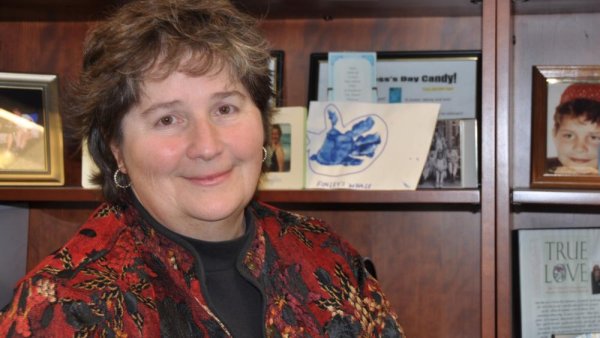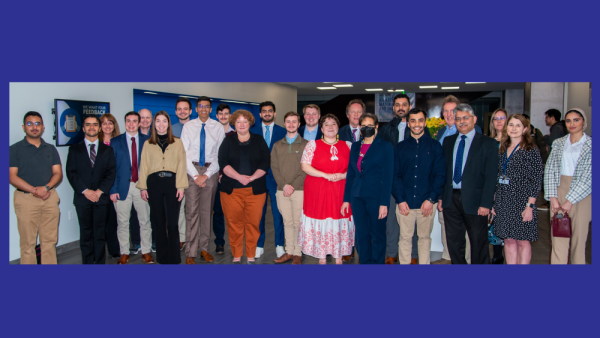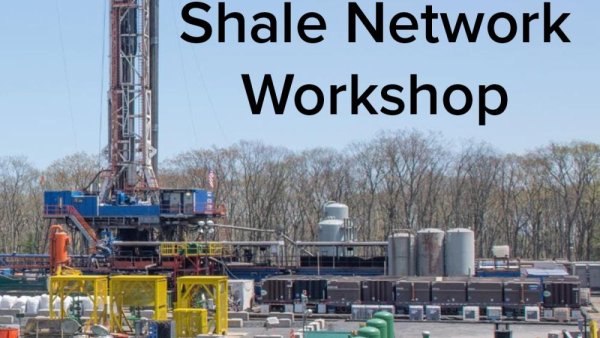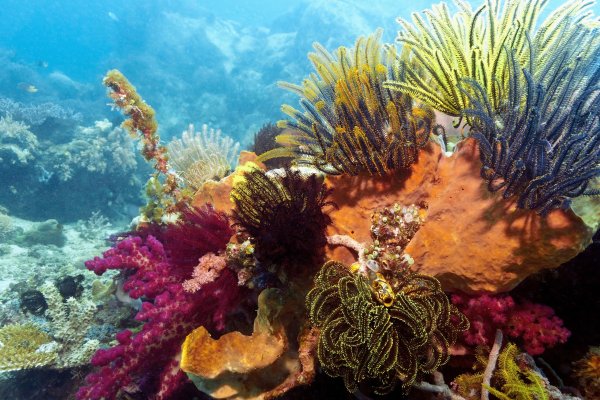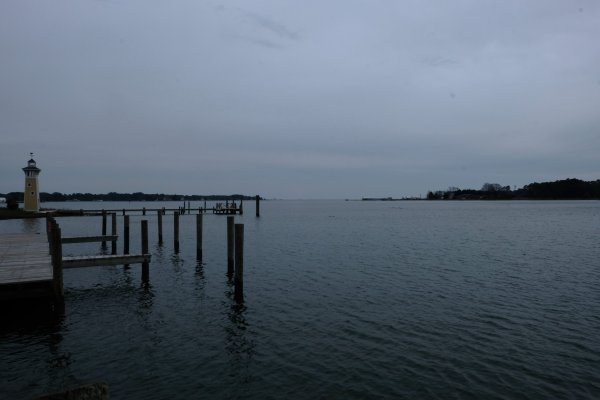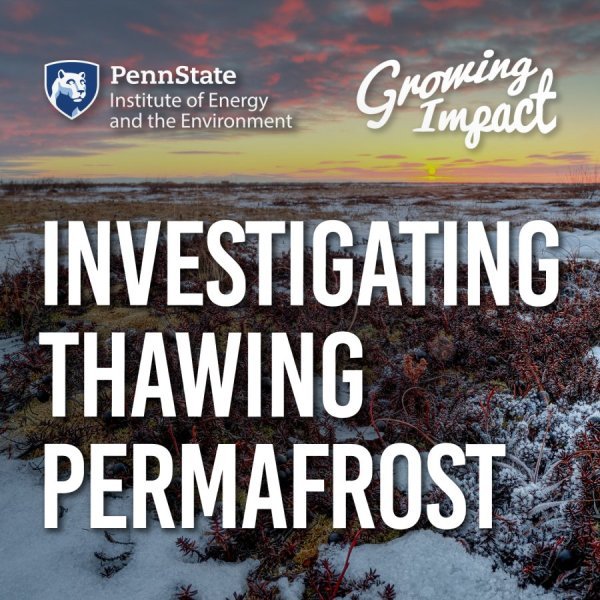Penn State Harrisburg awards ceremony recognizes faculty and staff
| psu.edu
Penn State Harrisburg recently recognized outstanding employee contributions at the 2023 Year-End Celebration.
Climate justice design advocate named director of Stuckeman School
| psu.edu
Chingwen Cheng, program head and associate professor of landscape architecture, urban design and environmental design at The Design School at Arizona State University, has been named director of the Stuckeman School in the Penn State College of Arts and Architecture, effective July 1.
Students present work at Lehigh Valley's Undergraduate Research Symposium
| psu.edu
With topics as diverse as the aquatic health of the Danube Basin in Romania to cross-cultural comparison of ageist attitudes, students presented the results of various research projects at the Penn State Lehigh Valley Undergraduate Research Symposium on April 6. Michael Mfarej, a former Lehigh Valley campus student who is currently working in the intellectual property realm, served as the keynote speaker.
Commercial investors shift perspective of coastal properties in face of climate change
| psu.edu
Investors in commercial real estate are rethinking the values of coastal properties exposed to flood risk – even in northern U.S. locales that haven’t suffered flood damage, according to researchers. This shift in perspective has implications for investors and developers alike as they determine the value of coastal properties amid a changing climate.
Current efforts are not enough in Chesapeake Bay cleanup, report says. New thinking is required.
| news.yahoo.com
When it comes to reducing pollution in the Chesapeake Bay, throwing more money at the problem may not be enough. This article, originally published by The Virginian-Pilot, quotes Denice Wardrop, research professor of geography
College of Ag Sciences study-abroad leaders share their knowledge in new book
| psu.edu
Three global education leaders in Penn State’s College of Agricultural Sciences have contributed their expertise to a new book.
Candy Yekel, associate vice president for Research, to begin phased retirement
| psu.edu
After 29 years with Penn State, Candice “Candy” Yekel, associate vice president for Research and director of the Office for Research Protections, will transition to a phased retirement, beginning July 1. Yekel's purview spanned human-subjects research, animal research, drone safety, research integrity, conflict of interest and much more.
EMS student program recognizes outstanding academic, professional development
| psu.edu
This spring semester, student Isabella Ferreira and 14 other undergraduates were inducted as College of Earth and Mineral Science Academy for Global Experience laureates.
Mining PA Conference offers outlooks from leaders in mining
| psu.edu
Pennsylvania mining industry leaders, government representatives and faculty will speak at the inaugural Mining PA Conference, to be held Aug. 14-16 at the Penn Stater Hotel and Conference Center on the Penn State campus.
DEP Secretary Negrin to give keynote address at Shale Network Workshop on May 18
| psu.edu
Penn State is hosting the annual Shale Network Workshop on May 18 and 19. Richard Negrin, secretary of the Pennsylvania Department of Environmental Protection, will deliver the keynote address from 7:30 to 9 p.m. on May 18 in Deans Hall of the Penn Stater Hotel and Conference Center.
Why are some corals more resilient to climate change than others?
| earth.com
Coral reefs are massive geological structures consisting of calcium carbonate produced by coral animals, which possess dense populations of photosynthetic algae from the family Symbiodiniaceae within their tissues. Due to global warming and other environmental changes, corals in the Atlantic Ocean have declined substantially over the past years. However, corals in the Pacific and Indian Oceans are more resilient. This article quotes, Todd LaJeunesse, Professor, Biology.
Report details why progress to clean up the Chesapeake Bay has been slow
| virginiamercury.com
The Chesapeake Bay Program report points to factors like insufficient agricultural reductions and climate change as slowing Bay cleanup progress. This article quotes Denice Wardrop, research professor and director of the Chesapeake Research Consortium.


